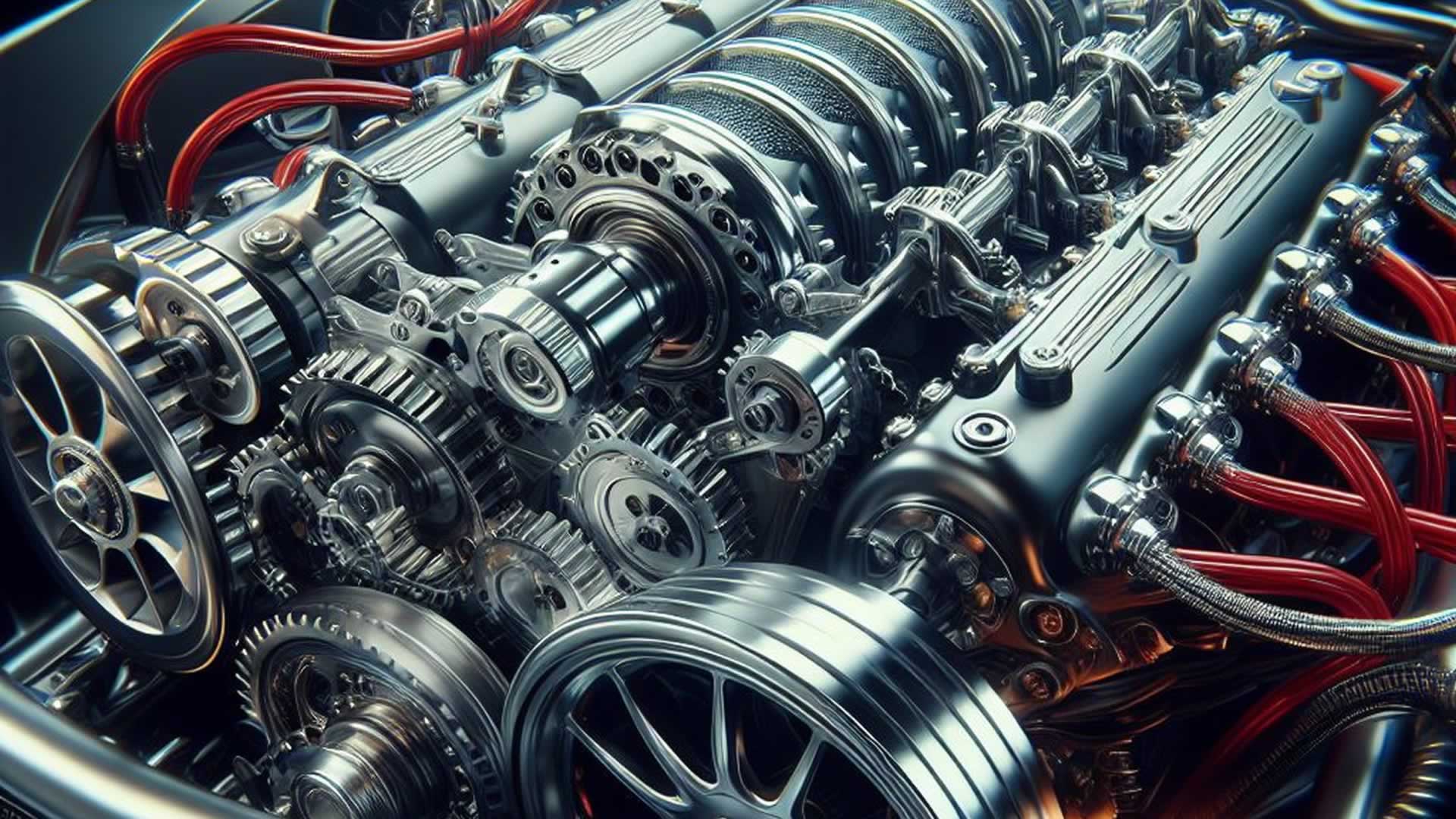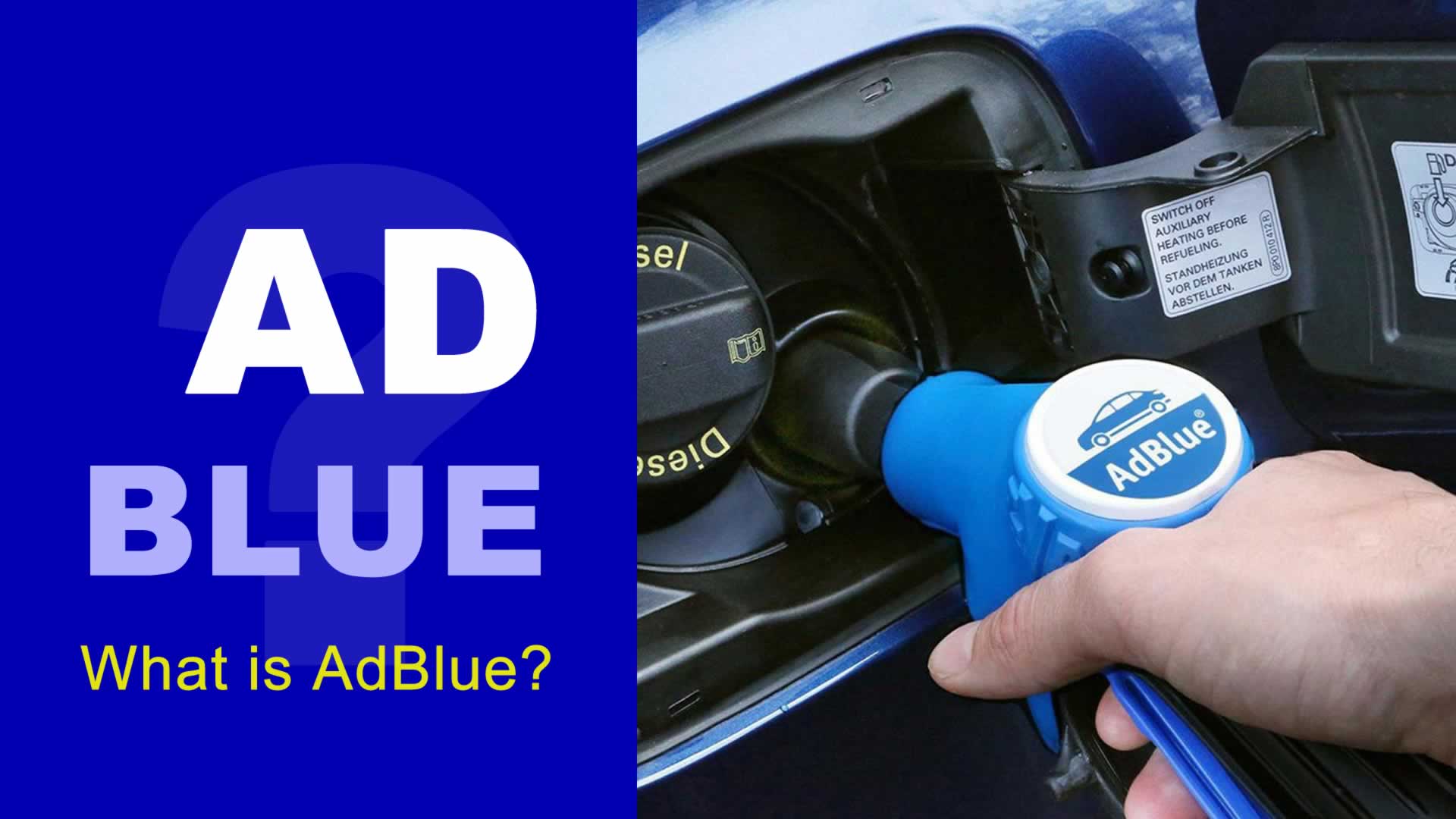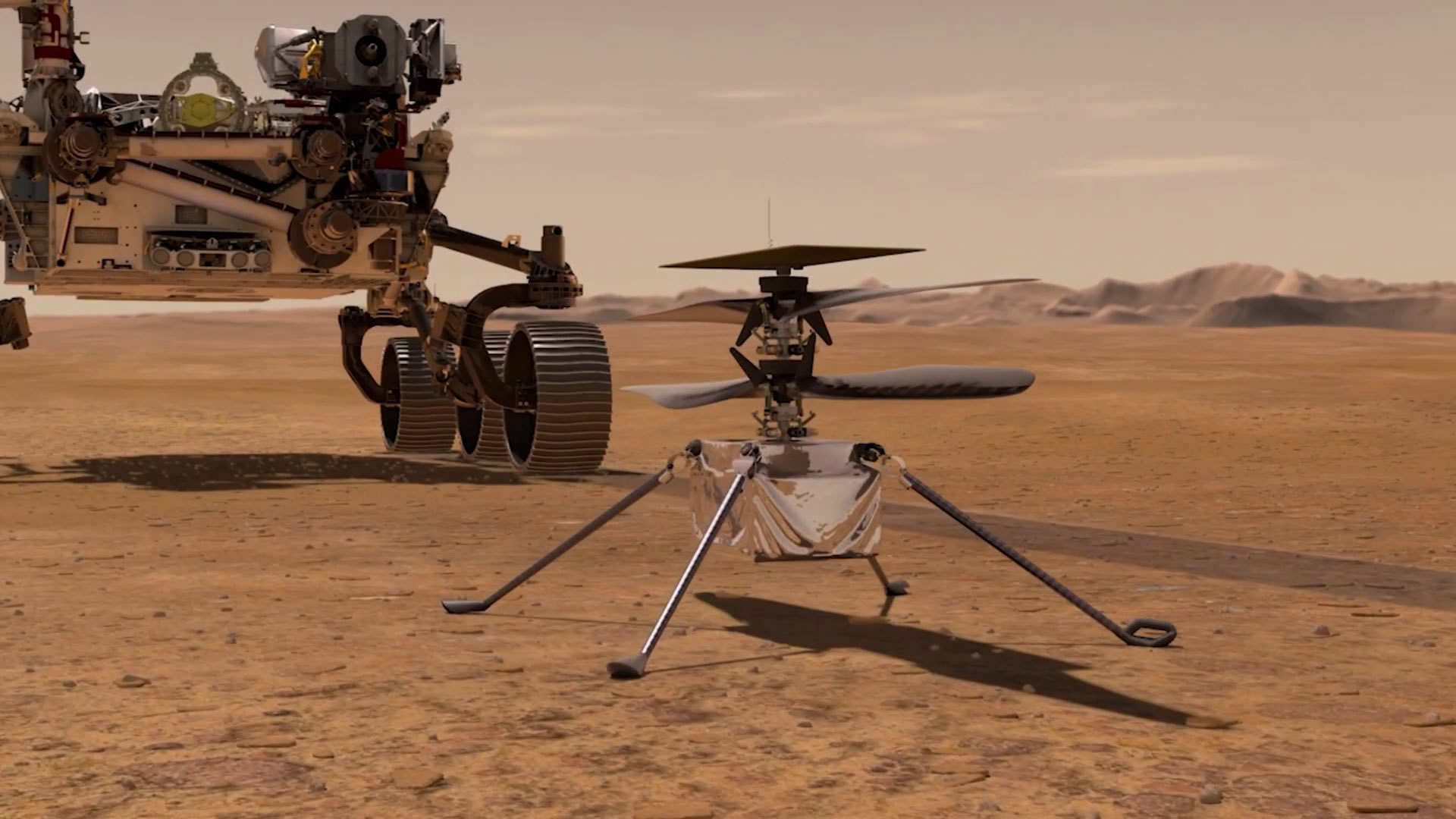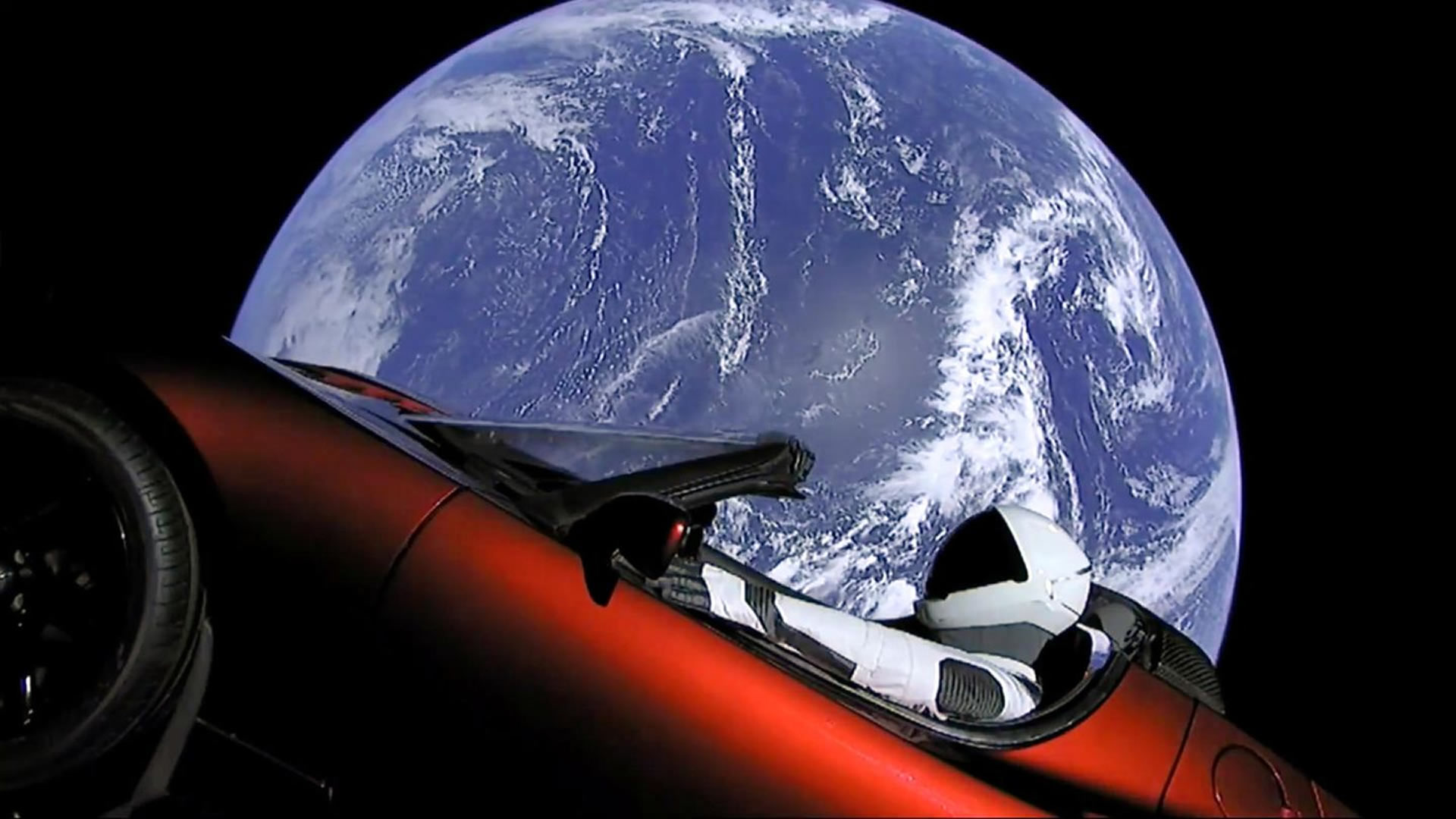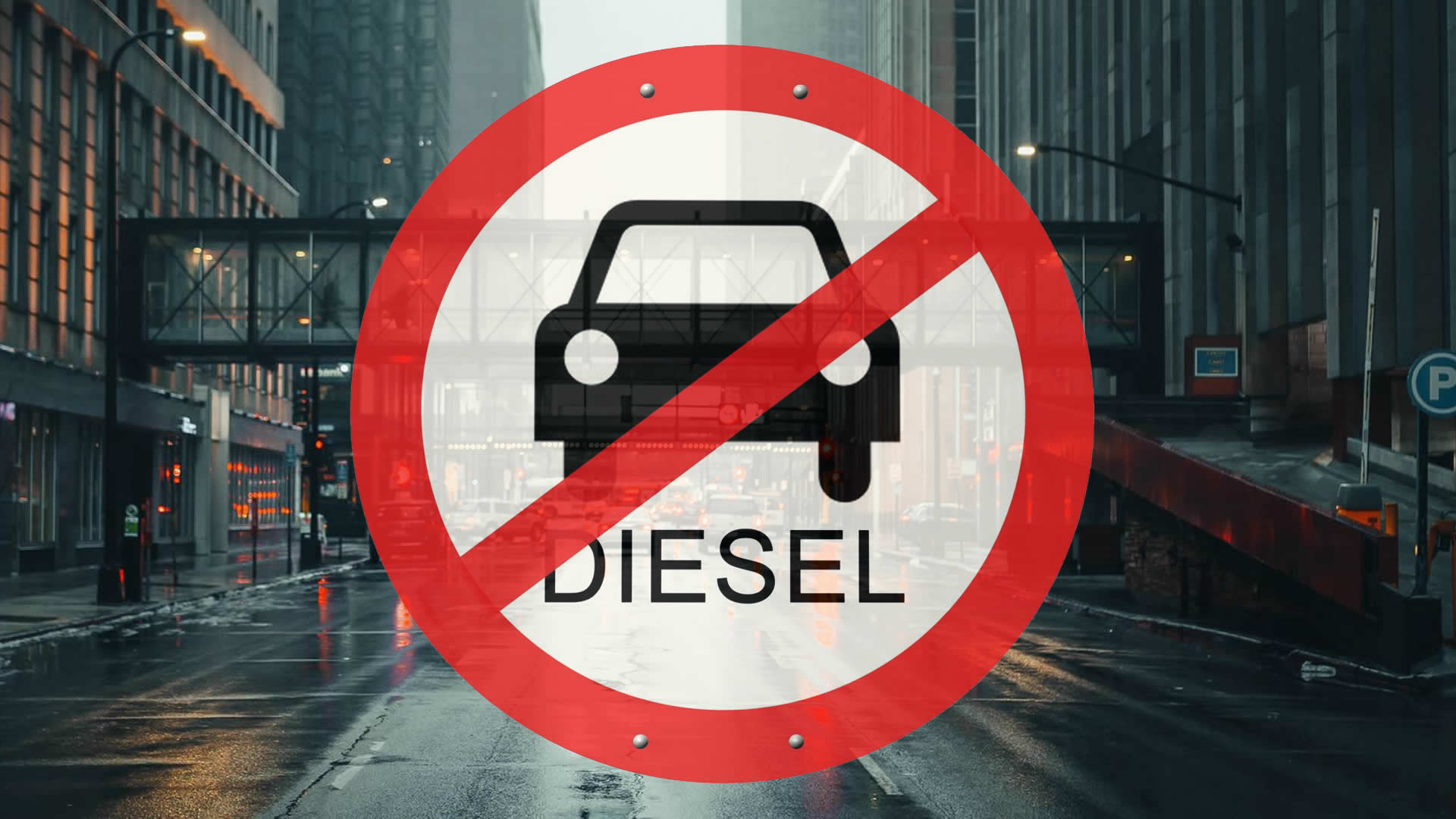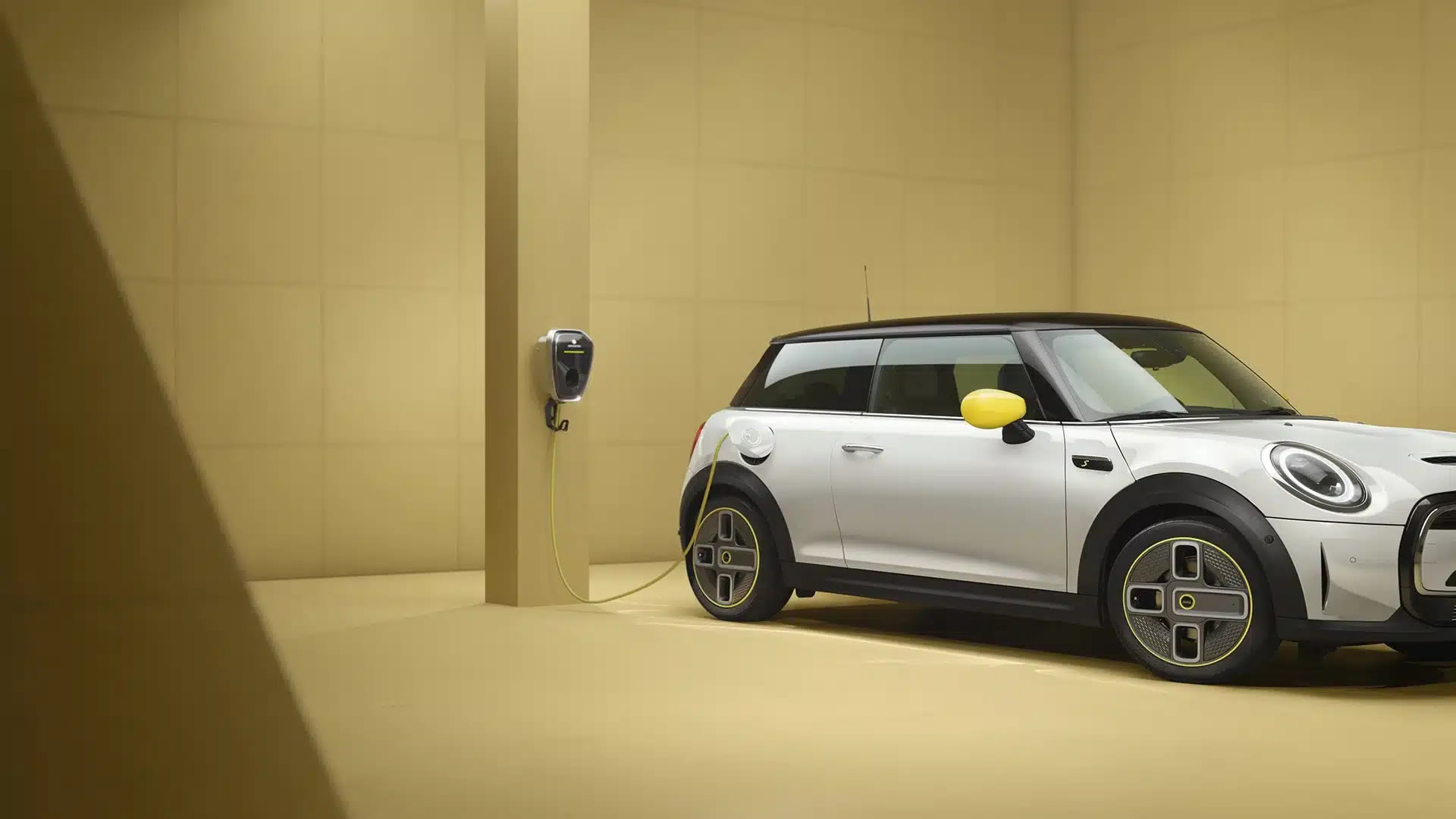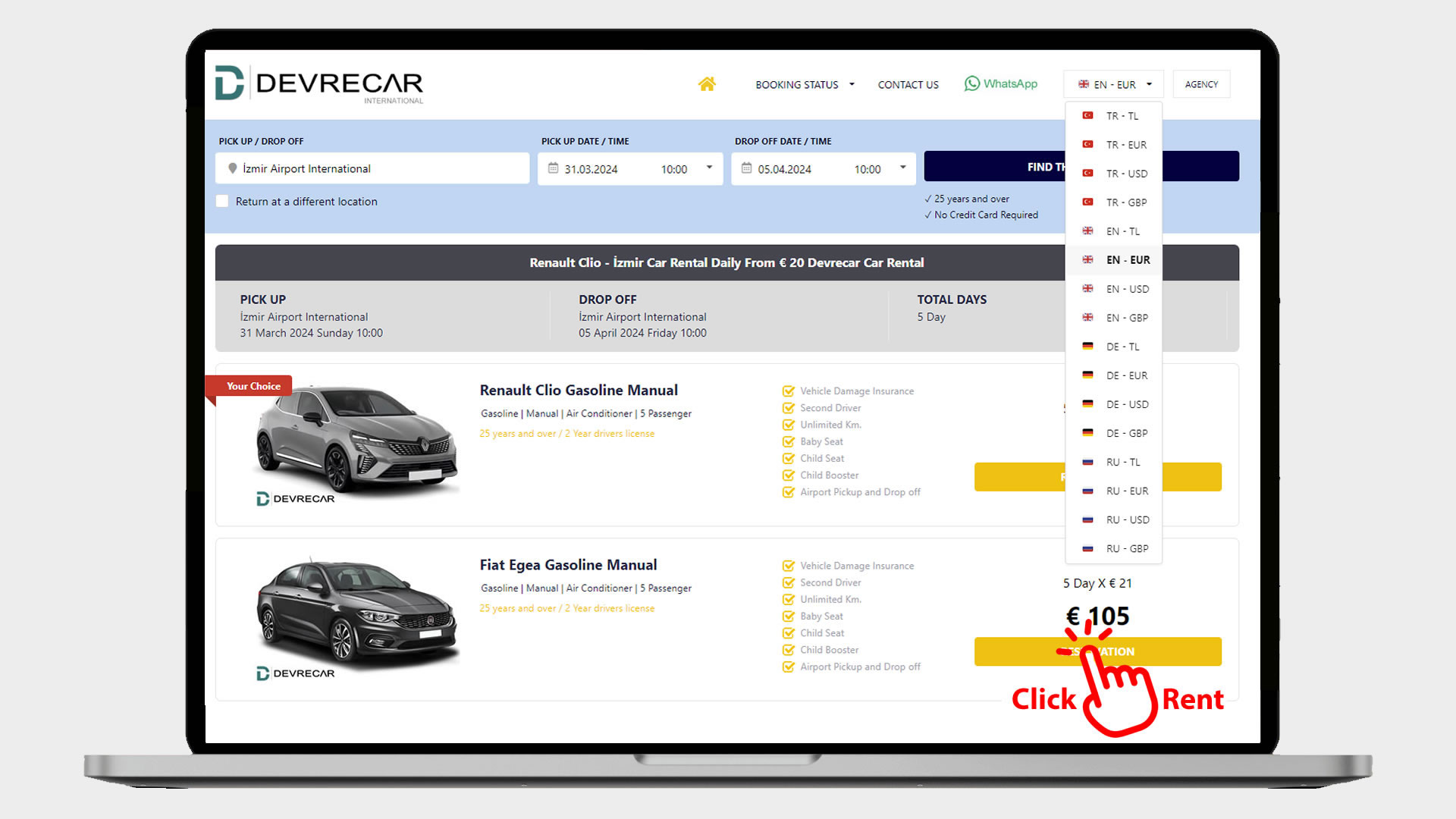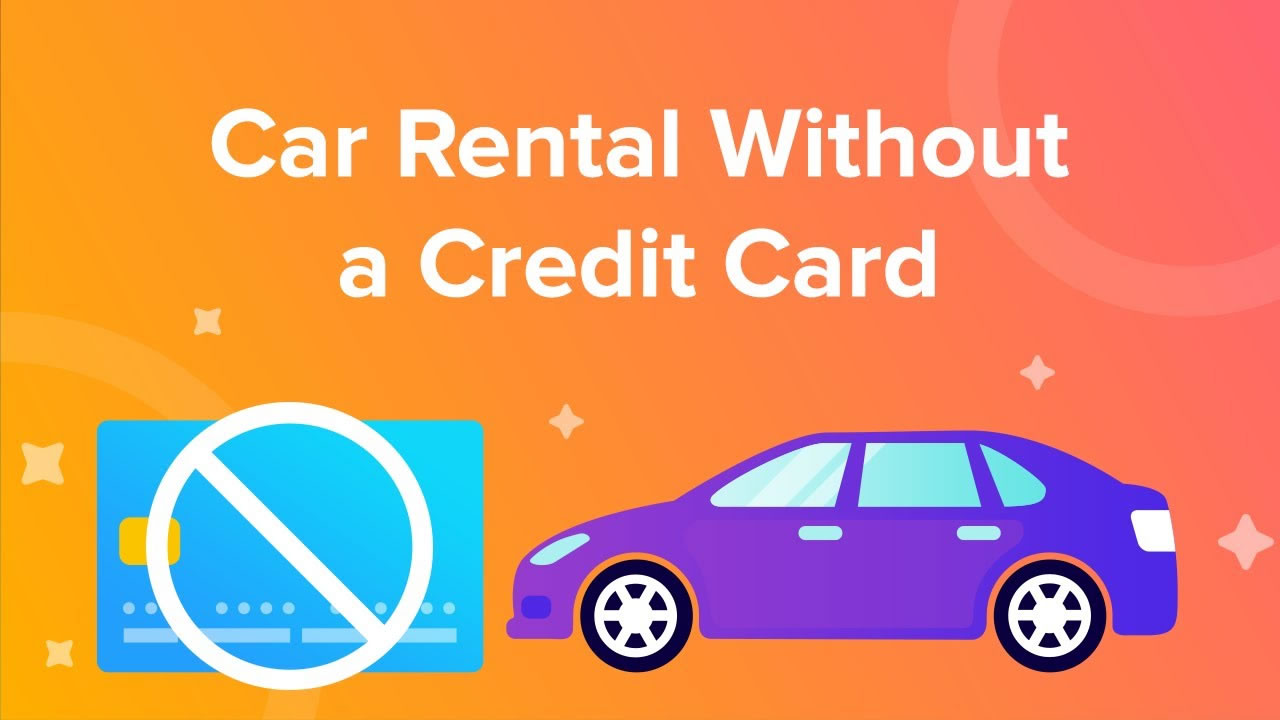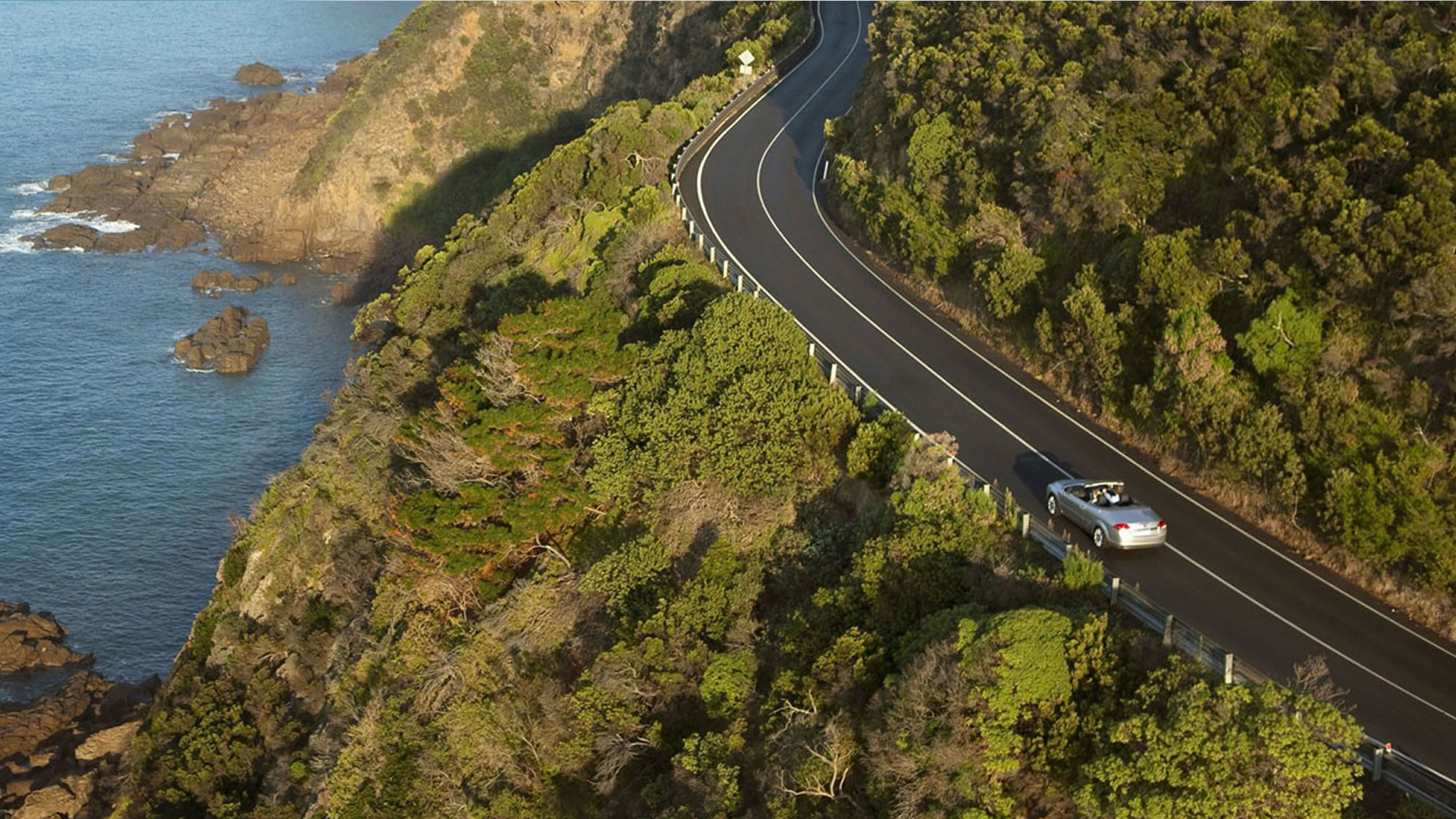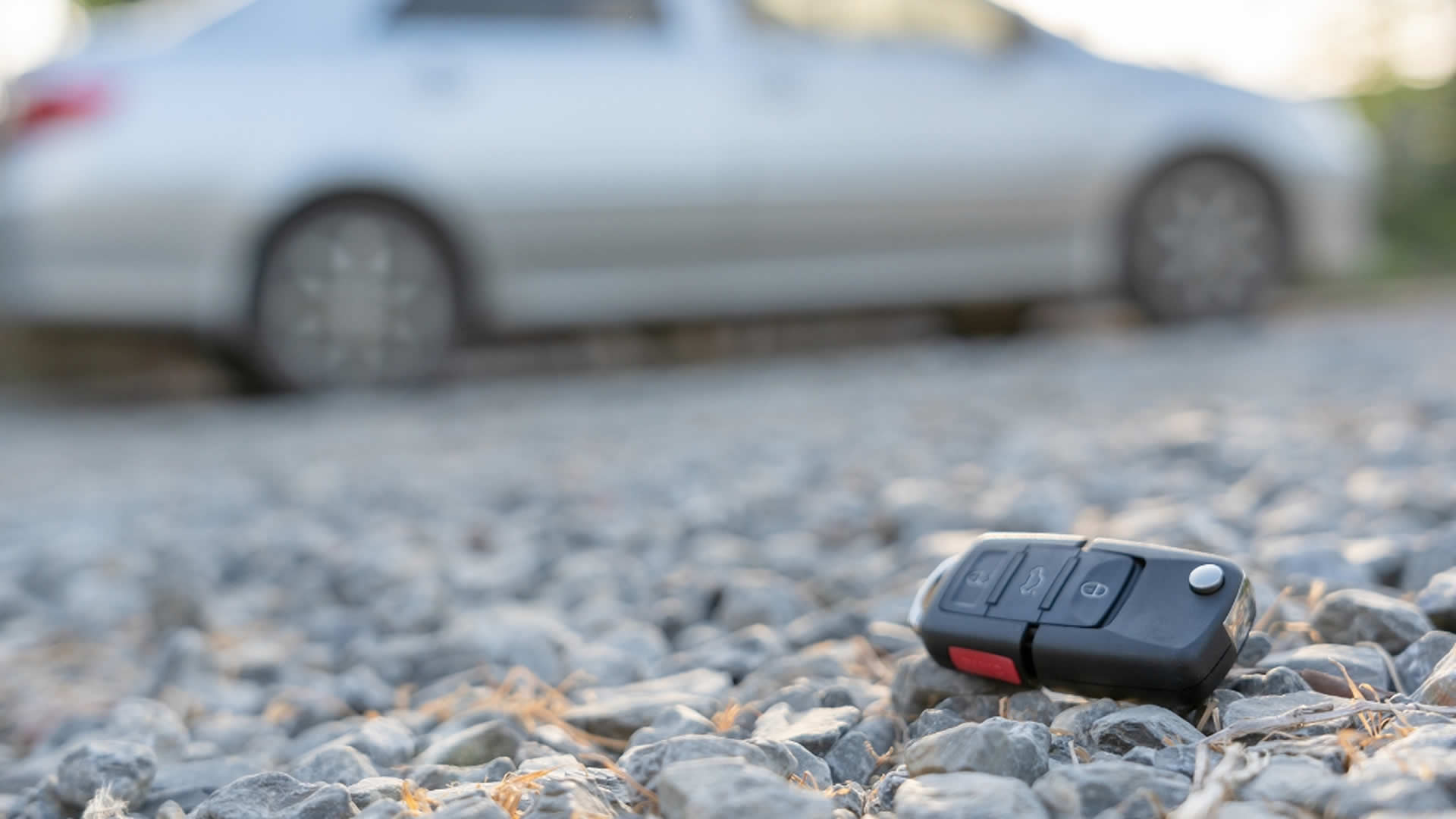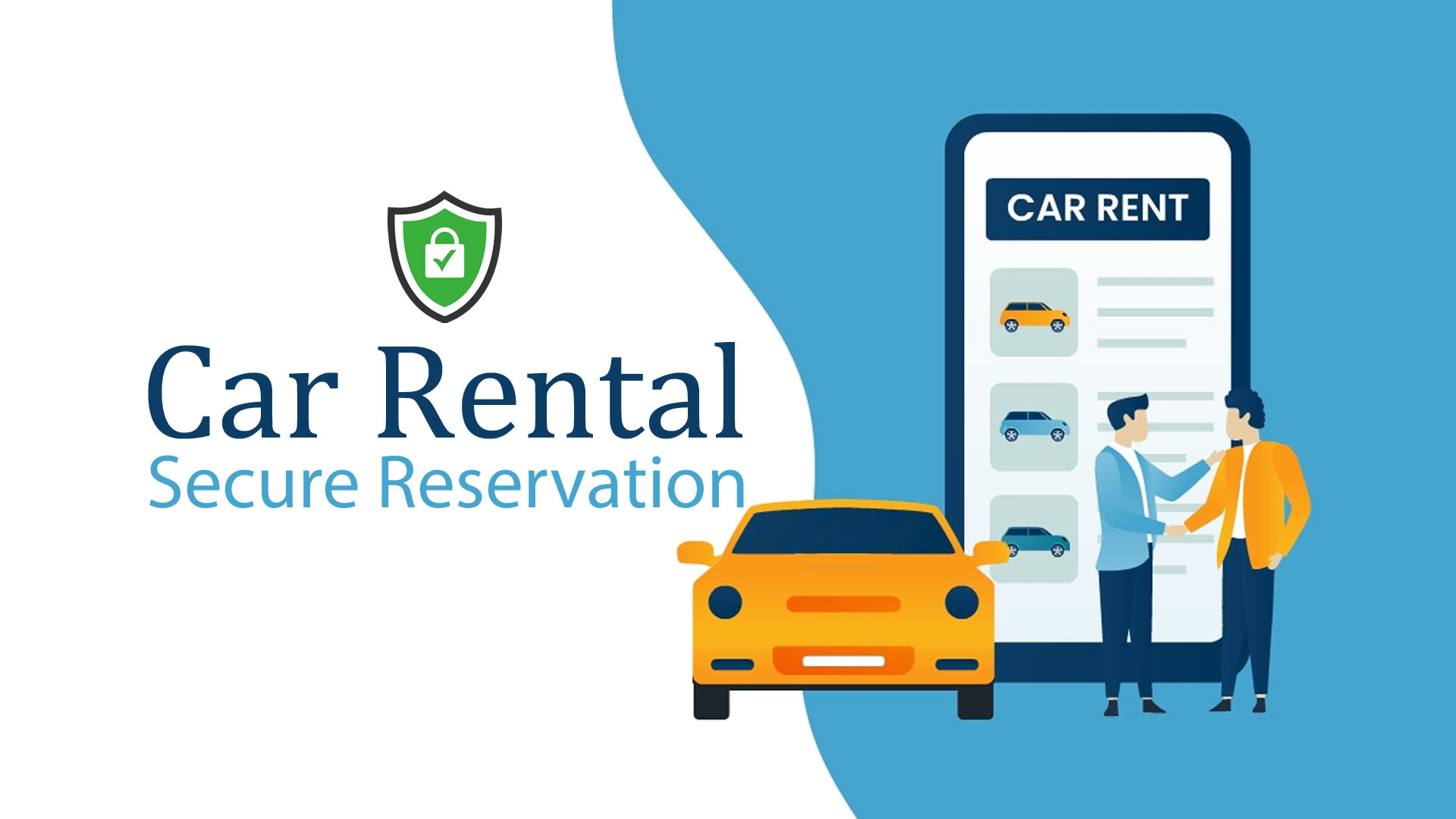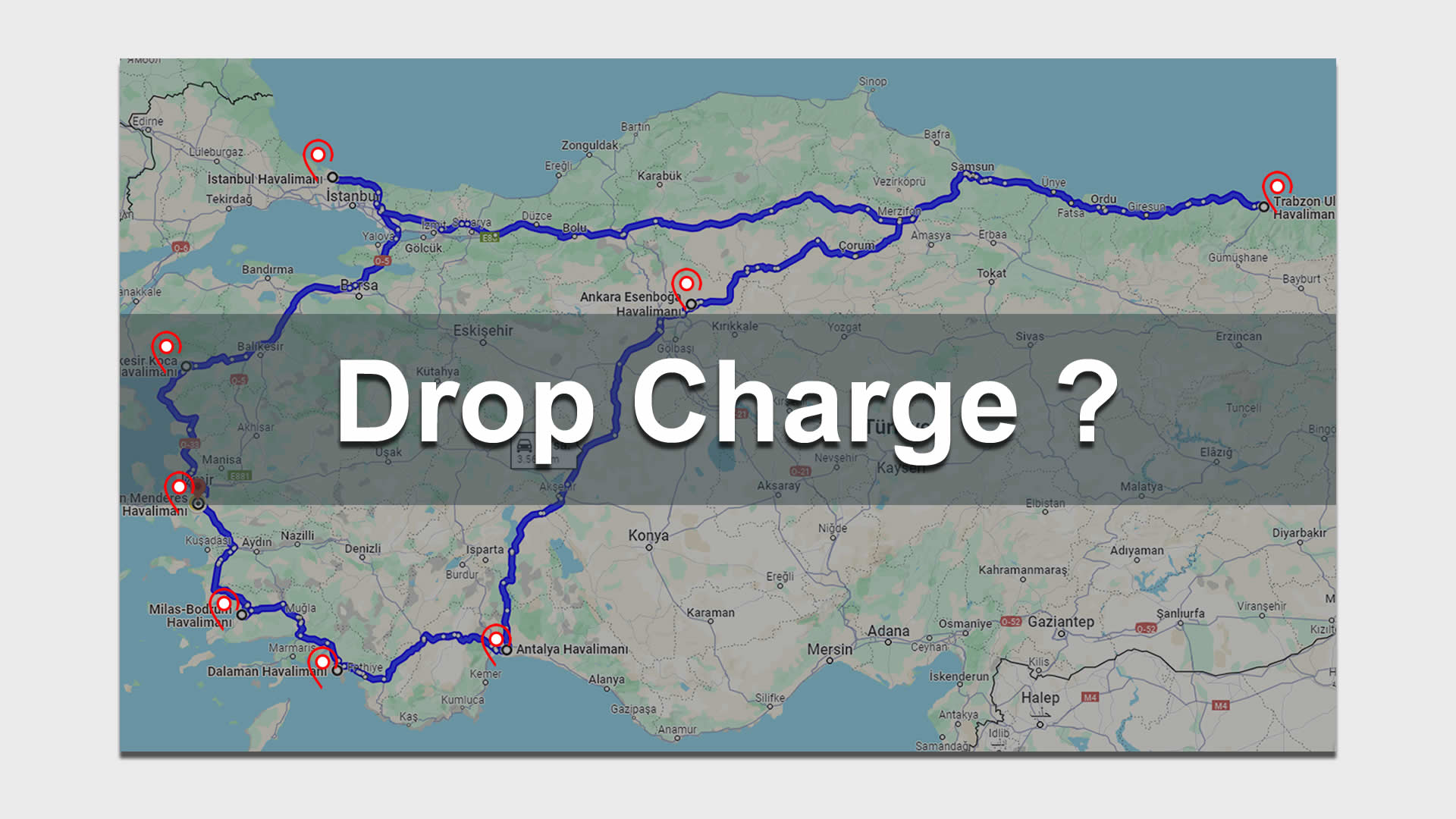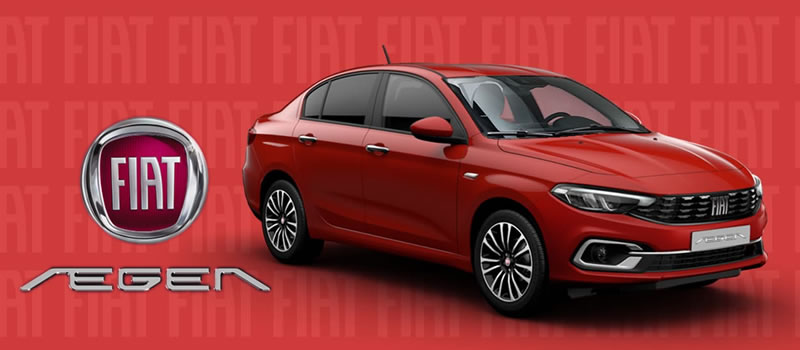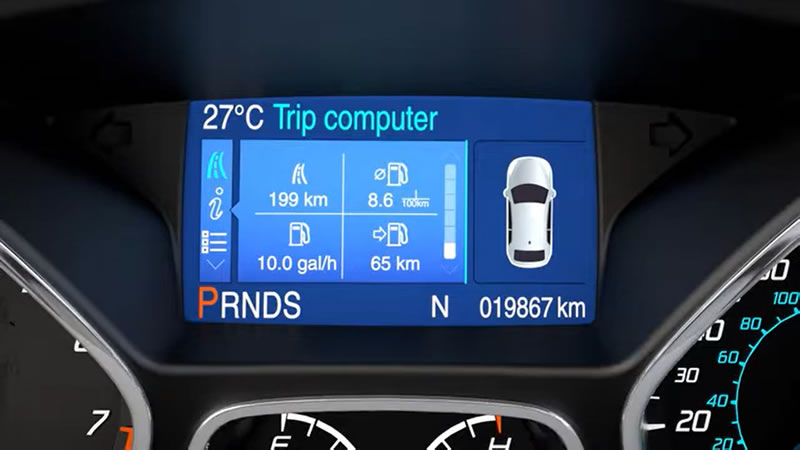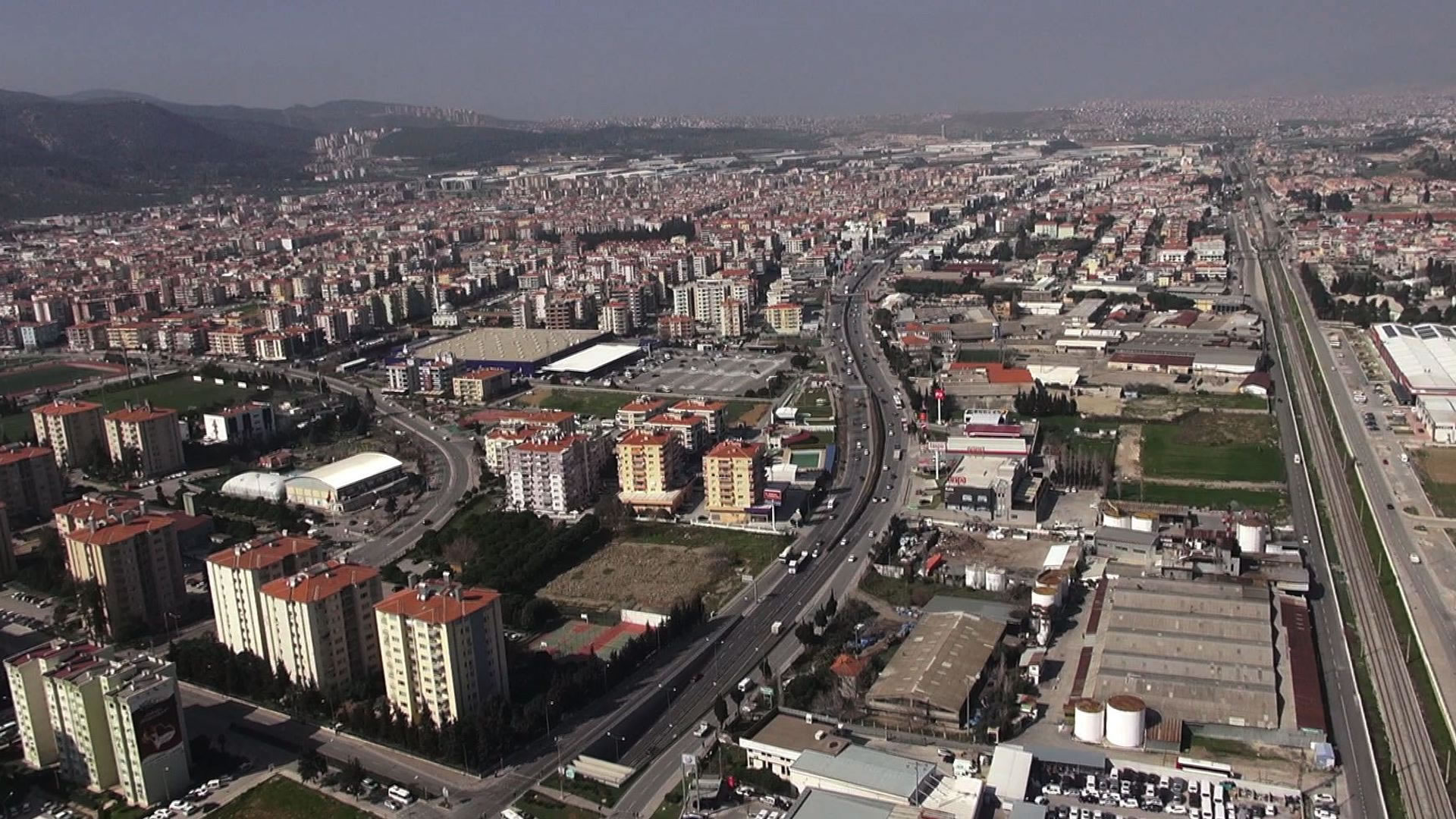The Future of Diesel Cars in Germany When Will They Be Phased Out?
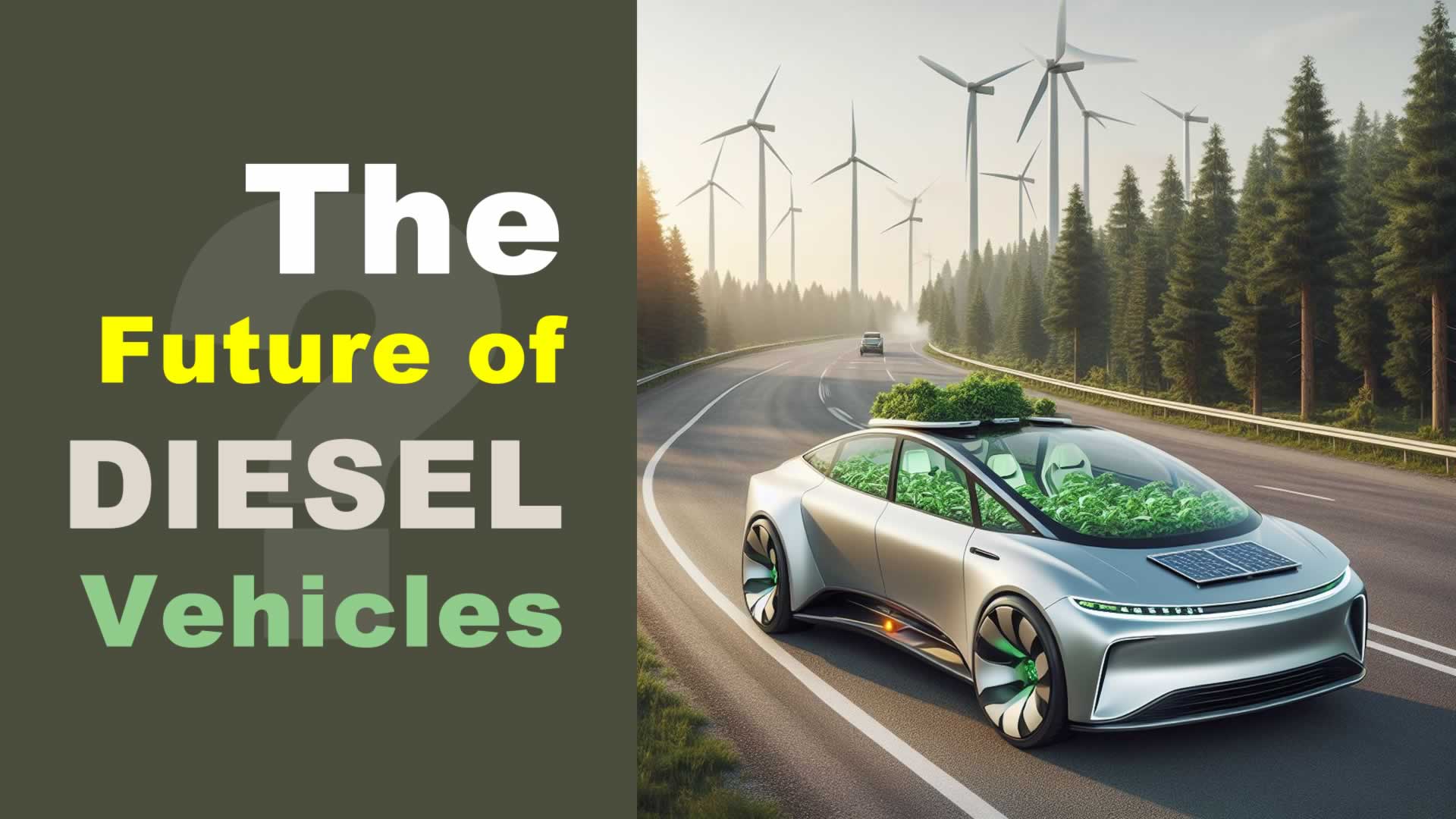
Diesel cars have long held a significant market share in Germany and Europe. However, environmental concerns, emission scandals, and the rising demand for renewable energy have cast doubt on the future of diesel vehicles. In this article, we will explore when diesel cars will be phased out in Germany, the factors accelerating this process, and what to expect in the future.
Germany is known for its robust automotive industry, and diesel vehicles have been popular for many years. However, the 2015 Volkswagen emissions scandal (Dieselgate) raised serious questions about the reliability and environmental impact of diesel cars. The scandal revealed that diesel car emissions were manipulated and far exceeded legal limits in real-world conditions.
As a member of the European Union (EU), Germany must comply with strict emission standards. The EU’s new regulations and targets put significant pressure on diesel vehicles. The European Union aims to reduce average fleet emissions to 59 grams of CO2 per kilometer by 2030. To meet these targets, car manufacturers must shift more towards producing electric and hybrid vehicles.
In Germany, low-emission zones have been established in city centers, and some cities have banned older diesel vehicles. Such measures push diesel vehicle owners to opt for alternative fuel types.
German car manufacturers have acknowledged that the future lies in electric and hybrid vehicles and have started making substantial investments in this direction. Major brands like Volkswagen, Mercedes-Benz, and BMW plan to allocate a significant portion of their product lines to electric vehicles by 2030. For example, Volkswagen aims to produce its last internal combustion engine by 2026 and switch entirely to electric vehicle production by 2040.
Increasing environmental awareness among consumers and the interest in sustainable transportation solutions are reducing the popularity of diesel vehicles. The range of electric vehicles is expanding, charging infrastructure is improving, and costs are decreasing, making electric vehicles more attractive to consumers. Additionally, the resale value of diesel vehicles is declining, which discourages new diesel vehicle purchases.
Predicting the exact date for the complete phase-out of diesel cars in Germany is challenging, but considering current trends and policies, it is anticipated that diesel vehicles will significantly diminish by the mid-2030s. The EU’s plan to ban the sale of new internal combustion engine vehicles by 2035 will accelerate the end of diesel cars in Germany.
Alternatives to diesel vehicles include electric and hydrogen fuel cell vehicles. The necessary charging infrastructure for electric vehicles is rapidly developing, and governments are making significant investments in this area. Additionally, increasing the share of renewable energy will further reduce the environmental impact of electric vehicles.
Hydrogen fuel cell vehicles might also become a crucial part of the future. Germany is investing heavily in hydrogen technologies and aims to lead in this field. Hydrogen fuel cell vehicles offer long range and fast refueling advantages, making them suitable for heavy-duty vehicles and long-distance travel.
The complete phase-out of diesel vehicles in Germany will result from a combination of factors. Government policies, car manufacturers’ strategies, consumer demands, and technological advancements will shape this process. Considering current trends, diesel vehicles are expected to decrease significantly by the mid-2030s. In the future, the widespread adoption of electric and hydrogen fuel cell vehicles will make cleaner and more sustainable transportation possible.
1. The State of Diesel Cars in Germany
Germany is known for its robust automotive industry, and diesel vehicles have been popular for many years. However, the 2015 Volkswagen emissions scandal (Dieselgate) raised serious questions about the reliability and environmental impact of diesel cars. The scandal revealed that diesel car emissions were manipulated and far exceeded legal limits in real-world conditions.
2. Government Policies and Regulations
As a member of the European Union (EU), Germany must comply with strict emission standards. The EU’s new regulations and targets put significant pressure on diesel vehicles. The European Union aims to reduce average fleet emissions to 59 grams of CO2 per kilometer by 2030. To meet these targets, car manufacturers must shift more towards producing electric and hybrid vehicles.
In Germany, low-emission zones have been established in city centers, and some cities have banned older diesel vehicles. Such measures push diesel vehicle owners to opt for alternative fuel types.
3. Strategies of Car Manufacturers
German car manufacturers have acknowledged that the future lies in electric and hybrid vehicles and have started making substantial investments in this direction. Major brands like Volkswagen, Mercedes-Benz, and BMW plan to allocate a significant portion of their product lines to electric vehicles by 2030. For example, Volkswagen aims to produce its last internal combustion engine by 2026 and switch entirely to electric vehicle production by 2040.
4. Consumer Demands and Trends
Increasing environmental awareness among consumers and the interest in sustainable transportation solutions are reducing the popularity of diesel vehicles. The range of electric vehicles is expanding, charging infrastructure is improving, and costs are decreasing, making electric vehicles more attractive to consumers. Additionally, the resale value of diesel vehicles is declining, which discourages new diesel vehicle purchases.
5. Expected Dates for the Complete Phase-Out of Diesel Vehicles
Predicting the exact date for the complete phase-out of diesel cars in Germany is challenging, but considering current trends and policies, it is anticipated that diesel vehicles will significantly diminish by the mid-2030s. The EU’s plan to ban the sale of new internal combustion engine vehicles by 2035 will accelerate the end of diesel cars in Germany.
6. What to Expect in the Future?
Alternatives to diesel vehicles include electric and hydrogen fuel cell vehicles. The necessary charging infrastructure for electric vehicles is rapidly developing, and governments are making significant investments in this area. Additionally, increasing the share of renewable energy will further reduce the environmental impact of electric vehicles.
Hydrogen fuel cell vehicles might also become a crucial part of the future. Germany is investing heavily in hydrogen technologies and aims to lead in this field. Hydrogen fuel cell vehicles offer long range and fast refueling advantages, making them suitable for heavy-duty vehicles and long-distance travel.
Conclusion
The complete phase-out of diesel vehicles in Germany will result from a combination of factors. Government policies, car manufacturers’ strategies, consumer demands, and technological advancements will shape this process. Considering current trends, diesel vehicles are expected to decrease significantly by the mid-2030s. In the future, the widespread adoption of electric and hydrogen fuel cell vehicles will make cleaner and more sustainable transportation possible.


